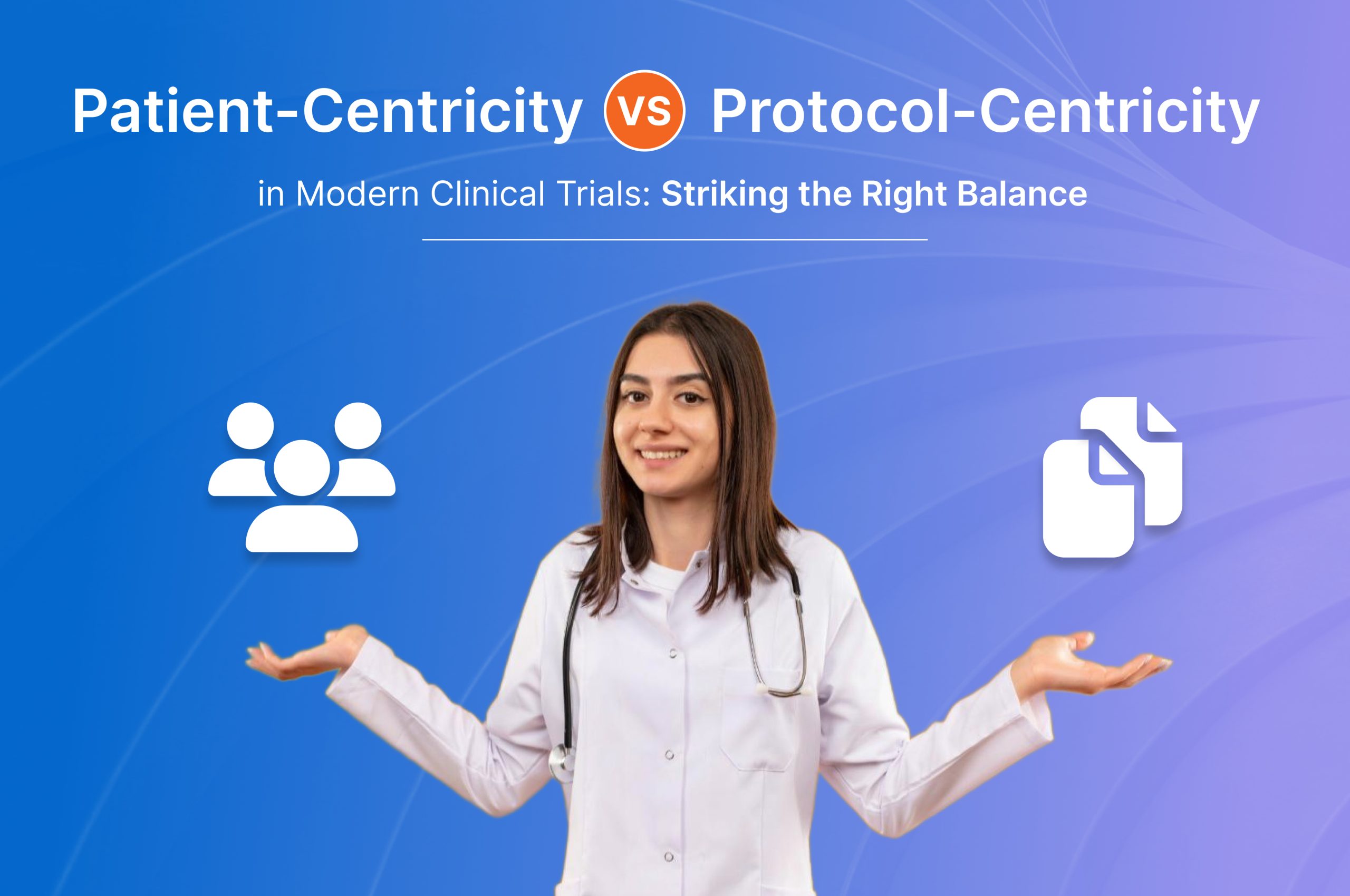Clinical trials advance through four phases (Phase I to IV) with contrasting objectives and methods. In contrast to the well-known Phase I-III trials that label new drugs safe and effective, less-publicized Phase IV clinical work still plays an equally important role. Phase IV trials, often known as "post-marketing surveillance" trials, follow after a drug or medical device has already been approved for public use. To that end, this blog will highlight fundamental elements of Phase IV clinical trials, what they mean, and how they matter to public health and pharmaceutical companies.
Clinical Trial Phases
The importance of Phase IV is best understood in the context of the clinical trial phases:
- Phase I: An early phase where a very limited number of healthy volunteers are given an experimental treatment to measure two key parameters – how safe it is and the high and low doses at which clear side effects can be seen. This stage is carried out to assess the pharmacokinetics of the drug (how a drug works within an organism).
- Phase II: The drug is now given to a larger group of patients to assess efficacy, further evaluate safety, and begin studying the best dose. They also track short-term adverse events and effective doses.
- Phase III: This is large-scale testing in which hundreds or even thousands of people from different backgrounds and areas are tested. It is meant to establish that the drug works, track adverse effects, and test the drug against a placebo or other treatments.
- Phase IV: Post-marketing. Once the drug is approved by regulatory authorities, a drug can be marketed for approval in sales. This kind of phase, called a Phase IV trial, confirms the long-term safety and effectiveness of this drug in a broader population over a longer time frame.
What is a Phase IV Clinical Trial?
Post-approval studies (Phase IV clinical trials) — These are often referred to as post-marketing surveillance studies and take place after the drug has been approved by regulatory bodies such as the U.S. Food and Drug Administration (FDA) or the European Medicines Agency for use in public. By contrast to preceding phases that serve the primary objective of providing evidence regarding safety and efficacy under more strictly controlled circumstances, Phase IV trials typically assess a product's real-world effectiveness in wider, uncontrolled populations. These trials last several years, involving thousands (or, at times, hundreds of thousands) of participants, helping researchers collect data on the use, side effects, and benefits over extended periods.
Objectives of Phase IV Clinical Trials
Phase IV clinical trials are instrumental in determining problems overlooked in earlier phases. The main objectives are:
- Long-Term Safety Monitoring: While earlier phases assess short-term safety, Phase IV studies monitor the drug for long-term use. This is particularly critical for chronic diseases, where medications are used routinely over months or years.
- Identifying Rare or Delayed Side Effects: Some side effects may only appear after the drug is used by a larger population over an extended time. These could be rare, affecting only a small percentage of users or manifesting after prolonged use.
- Real-World Effectiveness: Phase IV trials help determine how well the drug works in real-world scenarios, with all relevant variables, including patient compliance, lifestyle, and concurrent diseases.
- Interaction with Other Medications: These trials provide insights into how a drug interacts with other medications, especially in patients taking multiple treatments.
- Compliance and Usage Patterns: Understanding how real-world patients use the drug helps manufacturers and regulators adjust dosage recommendations, instructions, or formulations.
Types of Phase IV Trials
There are several ways Phase IV trials can be conducted, depending on the goals of the study. Common types include:
- Safety Surveillance (Pharmacovigilance Studies): These detect safety problems arising after market distribution. Phase IV trials identify unexpected side effects in specific populations (e.g., elderly, pregnant women), leading to changes in labeling or usage.
- Comparative Effectiveness Research: Compares the new drug with existing treatments to determine its relative effectiveness.
- Quality of Life (QoL) Studies: Examine the impact of the drug on a patient's overall well-being, especially in chronic conditions like cancer or diabetes.
- Cost-Effectiveness Analysis: Weighs the benefits of the drug against its cost to inform healthcare and insurance decisions.
Regulatory and Ethical Considerations
Phase IV clinical trials are subject to stringent regulatory oversight and ethical standards. Key considerations include:
- Informed Consent: Participants must provide informed consent, even after the drug has been approved.
- Regulatory Oversight: Agencies like the FDA and EMA closely monitor these trials. They may require pharmaceutical companies to conduct Phase IV trials, especially if there are concerns about long-term safety or effectiveness.
- Ethical Responsibility: If a drug is found to cause serious side effects during a Phase IV trial, researchers must take immediate action, such as halting the trial or issuing warnings.
Role of Pharmaceutical Companies
Pharmaceutical companies often sponsor Phase IV trials and can benefit by:
- Maintaining Market Authorization: Regulatory bodies may require Phase IV trials to address specific concerns, and failure to conduct these could lead to market withdrawal.
- Identifying New Applications: Phase IV trials sometimes reveal new uses for the drug, expanding market opportunities.
- Improving Drug Formulations: Feedback from these trials may lead to improvements in formulation or packaging.
Real-World Examples
Several well-known drugs have undergone Phase IV trials:
- Vioxx (Rofecoxib): Withdrawn after Phase IV trials revealed an increased risk of heart attack and stroke.
- Post-Menopausal Hormone Therapy (HRT): Phase IV studies found increased risks of breast cancer, heart disease, and stroke.
- AstraZeneca's COVID-19 Vaccine: Phase IV trials monitored real-world effectiveness and rare side effects, such as blood clotting disorders.
Conclusion
Phase IV clinical trials are vital for understanding the long-term safety and effectiveness of drugs. They help identify rare side effects, ensure safety for a broader population, and may discover new therapeutic applications. These trials are crucial for pharmaceutical companies, healthcare providers, and patients to ensure medical treatments are safe for long-term use. Through careful monitoring and ongoing research, Phase IV trials promote public health and safeguard patient well-being.
Ready to optimize your Phase IV clinical trials and drive improved outcomes? Click here to request a demo and experience the transformative power of the OctalSoft eclinical suite and its capabilities.



